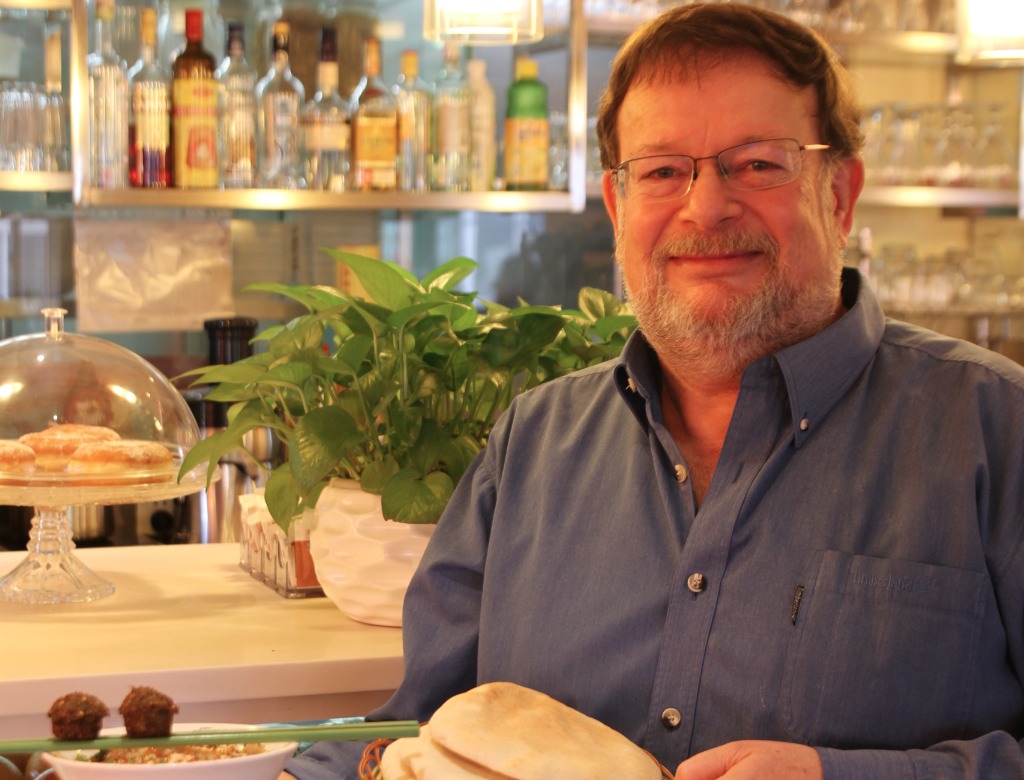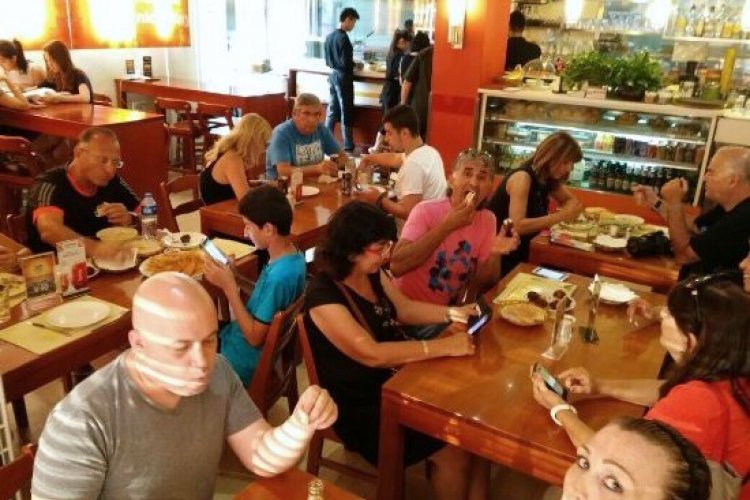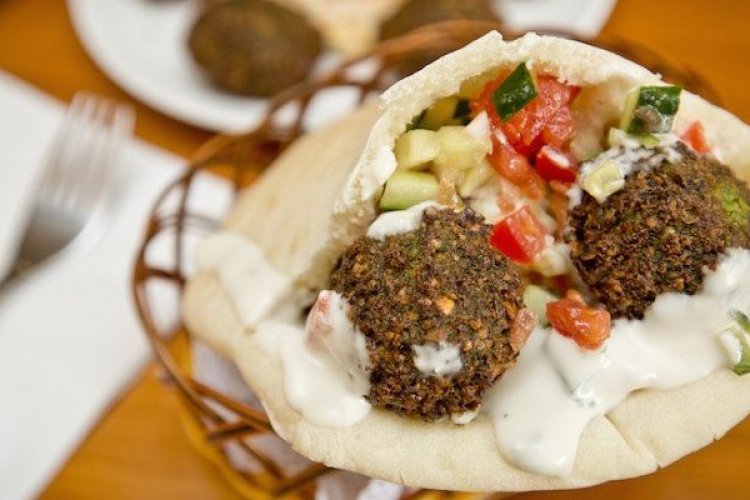I llike it
Avi Shabtai: Building His Business One Pita at a Time
When Avi Shabtai first moved to Beijing with his family to work with a satellite communications company in 2000, he didn’t realize he would also be bringing the recipe for the best pita bread in the city with him. That was a time when most people in China had no idea what pita bread was nor the various other Middle Eastern staples that he would help to introduce into Beijing’s food culture. A decade later and he’s still at it, with no sign of slowing down his delicious operation in the heart of Sanlitun.
Avi had accumulated food and beverage experience before deciding to settle down in Beijing, but nothing could prepare him for the tasty legacy he would create in this far-away land. It all began when he decided to open a little pita bakery on Niuren Jie in 2004. The restaurant we know as Biteapitta soon followed.
“Looking to promote our new product we decided to open a small shop alongside the bakery that offered a number of signature Middle Eastern dishes,” Avi added. As his reputation and client base grew, so did the menu at their modest digs at the original location. In 2005 they decided to become a fully operational restaurant.
One of the main challenges he encountered in those early days was maintaining authenticity. This included everything from what to include on the menu to interior decorations, and most importantly, sourcing the right ingredients to create his food , many of which were not readily available. This led to him slightly adapting Middle Eastern flavors to local preferences. He has strived to keep these flavors and the overall quality of their food consistent after 10-plus years, which is essential to keeping people coming back for more.

Avi maintained this magic formula at the original location until 2010, at which time all the venues in that area were demolished. He then moved to a larger space on Sanlitun Houjie at the center of Beijing’s nightlife scene. He knew with this relocation that he would have to adapt to the new surroundings by expanding the drinks menu, and extending the opening hours to please the regulars in this bustling area.
It is this ability to adapt to the needs of their customers and provide a consistent source of nourishment that has helped Biteapitta survive for so many years. It’s an all too common story that a restaurant owner feels he can expand too fast only to engage autopilot, eventually leading to a failing business. “The food industry is both physically and mentally demanding. Even though it might seem easy to succeed, there is no formula for instant gratification; only commitment and a lot of hard work will lead to success,” Avi said.
But how does a restaurant specializing in something so different to the local cuisine stay alive for so long? “From the get-go we were confident in our product, and that it would adequately supply a mostly unfulfilled market for Middle Eastern food in Beijing. The constant positive response and feedback from our clients, as well as annual recognition from the local media, has been our main source of encouragement as we strive to maintain our brand,” Avi stated.
If you’ve never experienced this jewel of authentic Middle Eastern cuisine, Avi recommends that you start off with their mezze platter (a tasting set of 10 unique salads and spreads), accompanied with their famous hummus and falafel. Follow that up with grilled lamb kebabs served with Majadra rice and spinach patties, and wash it all down with their homemade lemonana (mint lemonade). Don’t leave without capping this belly-bursting experience off with a Middle Eastern coffee and a taste of their baklava.
As for the future of Biteapitta, Avi was passionate in adding that, “our hope is that we will keep our existing clients satisfied while sharing our Middle Eastern experience with as many people as possible.” A modest response from the man who pretty much built a Middle Eastern culinary tradition in Beijing from the ground up, one pita bread at a time.
photo: Kipp Whittaker




